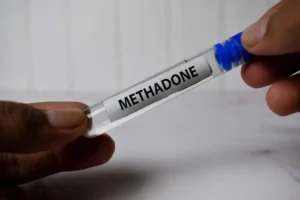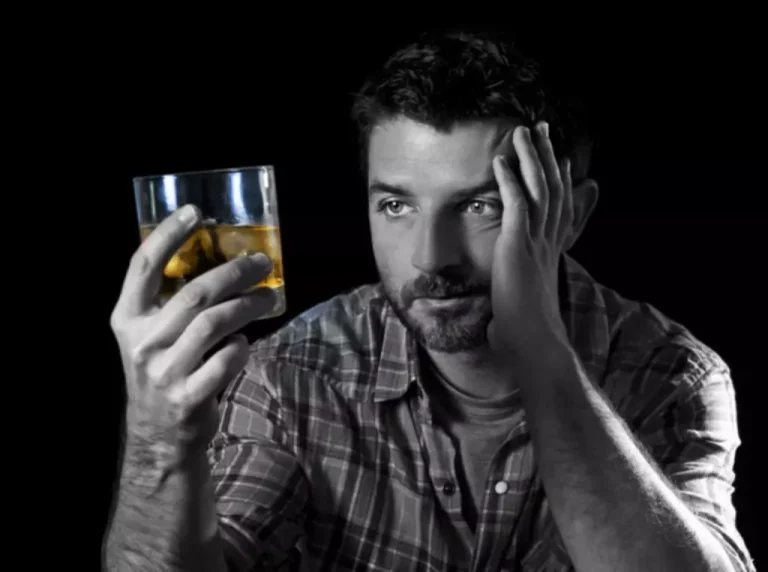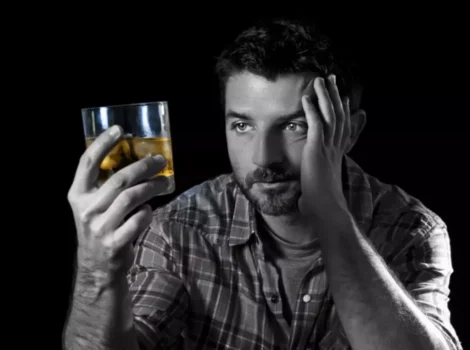How long does a hangover last? Plus how to cure a hangover fast
For most people, hangover symptoms usually start to ease up between eight to 24 hours, although they can last a bit longer. Long-term effects of consuming too much alcohol can negatively impact your health. According to Cleveland Clinic, hangover symptoms usually start to ease up between eight to 24 hours. (Woohoo!) During this time, your body slowly eliminates alcohol’s toxic byproducts, rehydrates, heals tissue, and rebalances your brain and body back to its normal state. For some people, though, hangovers can stick around for up to 72 hours. (Yikes!) As mentioned earlier, whether or not you get a hangover—and how severe it might be—really depends on a variety of factors.
- The more quickly you drink, the higher your blood alcohol levels rise, which can be dangerous if you are consuming alcohol quickly in a short period or binge drinking.
- It all depends on how quickly your liver can process ethanol, the chemical name for alcohol.
- If excessive drinking and hangover symptoms are interfering with your life, talk to your healthcare provider.
- Evidence from the Boston University School of Public Health would suggest, largely, you can avoid a hangover if you only have one or two drinks.
- A hangover is defined by a set of negative symptoms that occur normally as a result of drinking too much.
- This will help keep you hydrated and, since you would be drinking so much liquid, it may inadvertently keep you from drinking too much alcohol.
Also, the ability to perform important tasks, such as driving, operating machinery, or caring for others can be negatively affected. Researchers are still untangling what leads to multiple days of misery, and why some people are more susceptible. In this article, read about hangover duration, remedies, prevention, and when to consult a doctor. There’s no quick fix when it comes to hangovers, but there are several things you can do to make things more manageable as you wait it out.
Drinking on An Empty Stomach
For example, long recovery time after binge drinking every weekend could be an indication of maladaptive patterns of use and growing alcohol dependence. Acute alcohol withdrawal is a sure sign of physical dependence on alcohol. And, it could potentially be part of a larger alcohol use disorder. Because individuals are so different, it is difficult to predict how many drinks will cause a hangover.
Is everyone talking about how you embarrassed yourself last night? Unlikely, it’s probably just ‘hangxiety’ – CBC.ca
Is everyone talking about how you embarrassed yourself last night? Unlikely, it’s probably just ‘hangxiety’.
Posted: Fri, 29 Dec 2023 08:00:00 GMT [source]
Believe it or not, how many drinks you have doesn’t appear have a significant impact on how long a hangover lasts, according to a 2017 study. There are several factors that influence how long a hangover lasts and how bad you feel. There are some reports online of them lasting for up to 3 days, but we can’t find much evidence to back this up. Several different factors can play a role in how long your hangover lasts.
Follow Mayo Clinic
As if feeling awful weren’t bad enough, frequent hangovers also are linked with poor performance and conflict at home, school and work. In fact, some of the most severe symptoms of withdrawal can continue to develop https://ecosoberhouse.com/ as many as two or three days after the last drink. If you or someone you know is getting worse instead of better, it’s time to seek medical help immediately as the risk of seizures increases without treatment.
A hangover begins when a person’s blood alcohol level begins to drop. Some experts state that the symptoms of a hangover peak when a person’s blood alcohol level reaches 0. A hangover is a feeling of illness that occurs after alcohol consumption. The more a person drinks, the greater their chance of how long does a hangover last experiencing a hangover. It’s also good to know the difference between alcohol poisoning and hangovers, though alcohol poisoning symptoms usually show up while you’re drinking, not the day after. While alcohol may make you feel tired, it prevents your body from reaching the deeper stages of sleep.
Symptoms of a Bad Hangover
Everybody processes alcohol differently, so a few drinks for you might impact someone else completely different. You may get a severe hangover after a heavy drinking session in a short period, just as you might get a hangover if you drink alcohol over a long time. However, it’s important to note that if you consume more alcohol in a shorter time, the consequences can be significantly more harmful and lead to alcohol poisoning. Many factors affect how likely you are to develop a hangover after drinking.
Electrolyte-packed beverages, nourishing foods, hydration, and time are all key factors when determining when a hangover will let up. Although you can officially kiss your hangover good-bye after about 24 hours, the alcohol you consumed might produce some lingering after-effects—especially if you over-indulge on a regular basis. Because it affects the brain’s pathways, alcohol can impact brain function and cognitive abilities. Prolonged overconsumption of alcohol can also impact your body’s nutrient status, increase inflammation, affect certain organs, increase fat build-up in the blood, and raise blood pressure.









